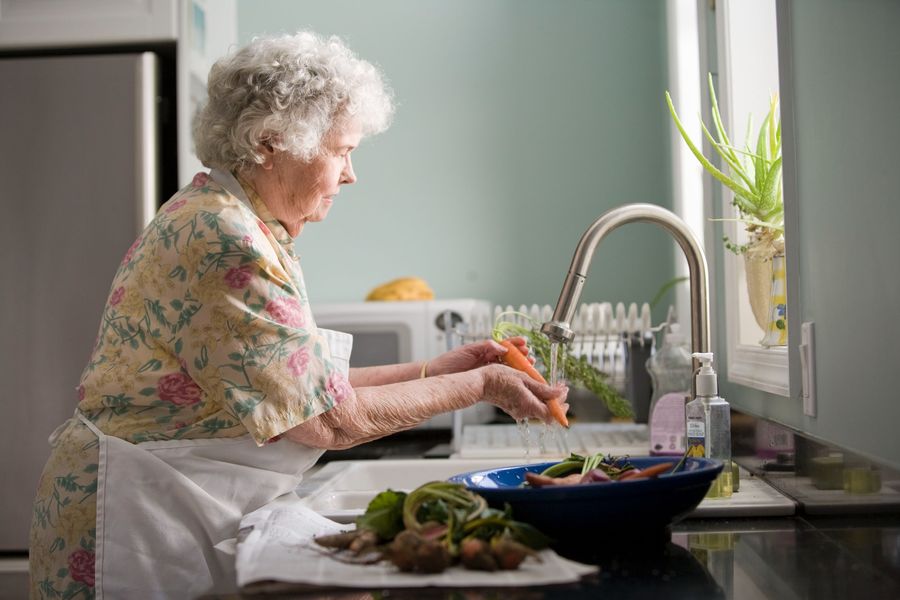3 Actionable Steps to Relieving Anxiety in Seniors
Anxiety affects over half of UK seniors aged 55 and older.
While feelings of anxiety can be normal – healthy even – when a car whizzes by too quickly, for example, or a dog jumps up, there are situations where anxiety is unnecessary and wholly unwelcome.
There are many causes of anxiety in older adults, from chronic illnesses and medication side effects to trouble sleeping and decreased independence. If you are struggling with anxiety, this article is for you.
Signs of Anxiety in Seniors
Anxiety presents itself differently in different people. Some common signs and symptoms of anxiety you might experience may include the following:
- Irritability or sudden changes in mood
- Obsessive behaviours
- Self-medicating
- Physical distress such as aches and pains or digestive problems
- Memory struggles and confusion
- Avoiding social situations or going out
- Trembling, sweating, or general panic.
According to Recovery.com, “Globally, the age group of people 65 years and older is growing faster than all others. The number of people aged 80 years or over is projected to triple to 426 million in 2050. Fortunately, there’s also an increased focus on what treatment looks like for seniors […] No matter how old you are, you deserve to feel well.”
There are many actionable steps you can take to help relieve the anxiety you feel. Let’s discuss these below.
1. Set a Routine
For many seniors, a lack of routine can be a source of stress and anxiety. When you don’t know what you’re doing from one minute to the next or who may be visiting that day, you can feel out of control and this can trigger feelings of anxiety.
Setting a daily and weekly routine is a helpful way of calming anxiety. Routines offer a sense of predictability, helping you plan ahead and feel more confident.
2. Take Up New Hobbies
As you get older, it’s typical for your world to get smaller. You tend to go out less and see fewer people. Your life becomes quieter and more socially withdrawn, and this can make you more susceptible to mental health struggles.

Taking up a hobby – new or old – can be a great way to distract yourself from feelings of anxiety. It’s never too late to learn something new and there are plenty of hobbies to choose from.
3. Reach Out for Social Support
Loneliness caused by social isolation is a huge problem among the elderly. Whether it’s due to lack of mobility, anxiety about meeting people, or a diminished social circle, reaching out for social support is a great way to relieve symptoms of anxiety.
You could join a social group, ring a friend once a week, or invite your family around for dinner. We all need someone to talk to.
Final Words
There are many ways you can relieve your feelings of anxiety. We hope our actionable steps help you take control of your mental health.



















